Cover Story: Black Voices Rising
A year of industry inclusion efforts, protests yields progress for African-American representation on screen
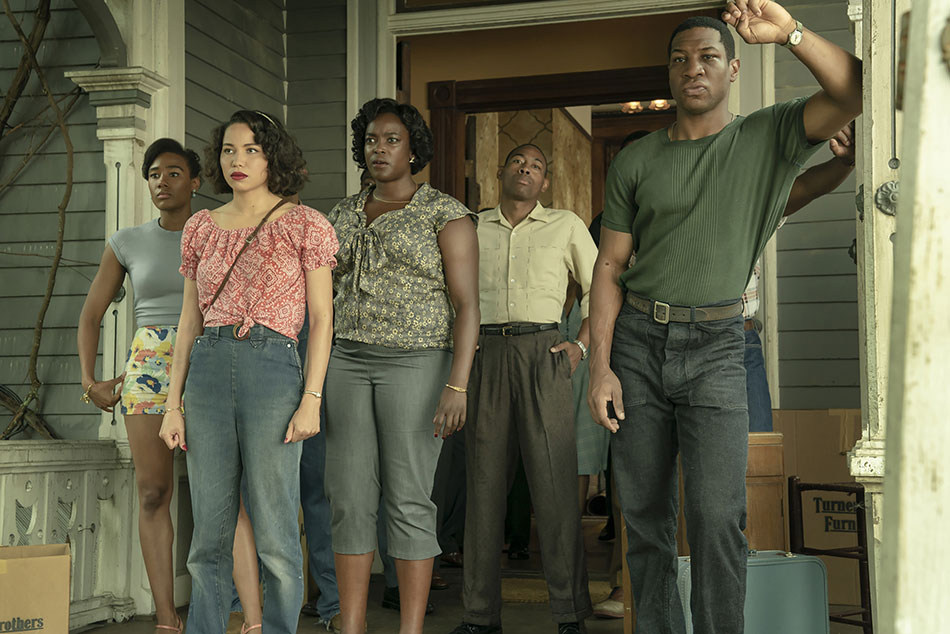
The smarter way to stay on top of the multichannel video marketplace. Sign up below.
You are now subscribed
Your newsletter sign-up was successful
When the New Year’s Eve Ball dropped, ending 2020, the television industry was left licking its proverbial wounds after a year that saw a once-in-a-century pandemic leave an unprecedented mark on show productions and business operations.
A silver lining through all the disruption was the growing influence of African-American images and storylines on those productions that did make the air. Sparked by the industry’s continued inclusion efforts both on- and off-screen — and fueled in part by last summer’s protests against social injustice — African-Americans continue to increase their presence across a wide spectrum of platforms and genres.
ALSO READ: Black History Month: What to Watch
“What we are seeing are more stories being told that reflect the African-American experience, and as such you are getting more positive representations of African-Americans,” OWN president Tina Perry said. “By the nature of it being more, you are absolutely getting more positive [portrayals] and better quality [content].”
Indeed, African-Americans have found success across the television spectrum both in front of and behind the camera. At last September’s 72nd Emmy Awards, African-American actors and actresses set a record for Emmys won in major acting categories for comedy, drama and limited series with seven.
The achievement was led by Zendaya, who at age 24 became the youngest performer ever to win lead actress in a drama series for her role in HBO’s Euphoria, and Regina King, who picked up her fourth Emmy — tying Alfre Woodard for the most acting Emmys won by a black performer, according to the Los Angeles Times — for her leading role in HBO’s limited series Watchmen.
More Representation, More Awards
African-American producers, directors and actors contributed to the 2021 awards-season buzz with several critically acclaimed original movies in 2020, including Netflix’s war drama Da 5 Bloods, directed by Spike Lee, as well as the Denzel Washington-produced film Ma Rainey’s Black Bottom, starring Viola Davis and the late Chadwick Boseman in his final role. More recently Amazon Prime Video’s One Night in Miami … produced by Regina King, has also received rave reviews.
The smarter way to stay on top of the multichannel video marketplace. Sign up below.
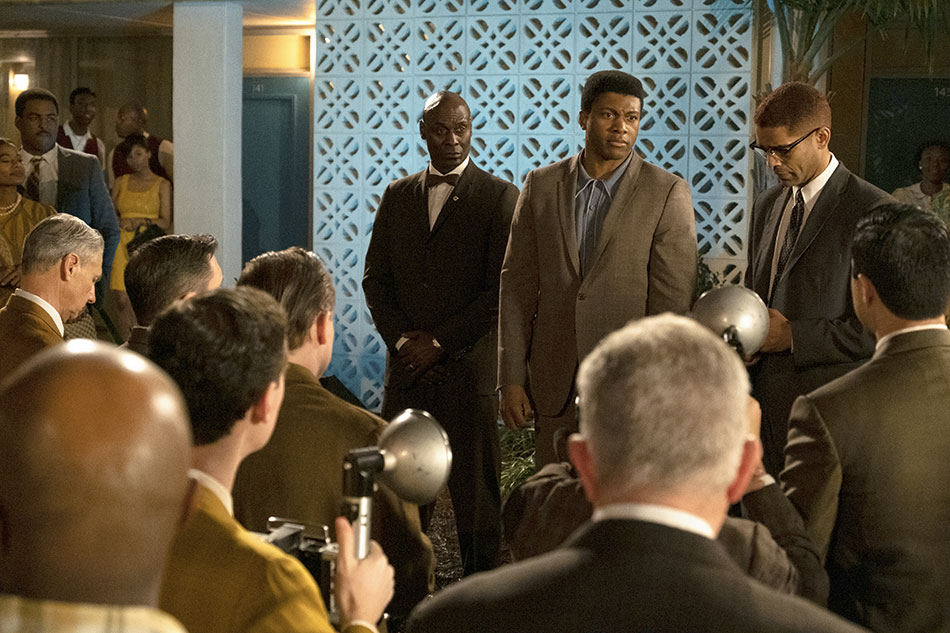
Black actors blazed their way into the superhero genre, with King’s Emmy-winning lead role in Watchmen, based on a 1986 DC Comics series; Anthony Mackie’s co-starring role in The Falcon and the Winter Soldier, a Marvel Studios limited series launching on Disney Plus in March; and Javicia Leslie’s genre-shattering role as the female Caped Crusader in The CW’s Batwoman.
Leslie said at last month’s CW Media Day that it’s frustrating that in 2021, her turn in Batwoman makes her the first African-American lesbian to star for a major studio. Breaking through that barrier now will only open the door for others to follow, she said.
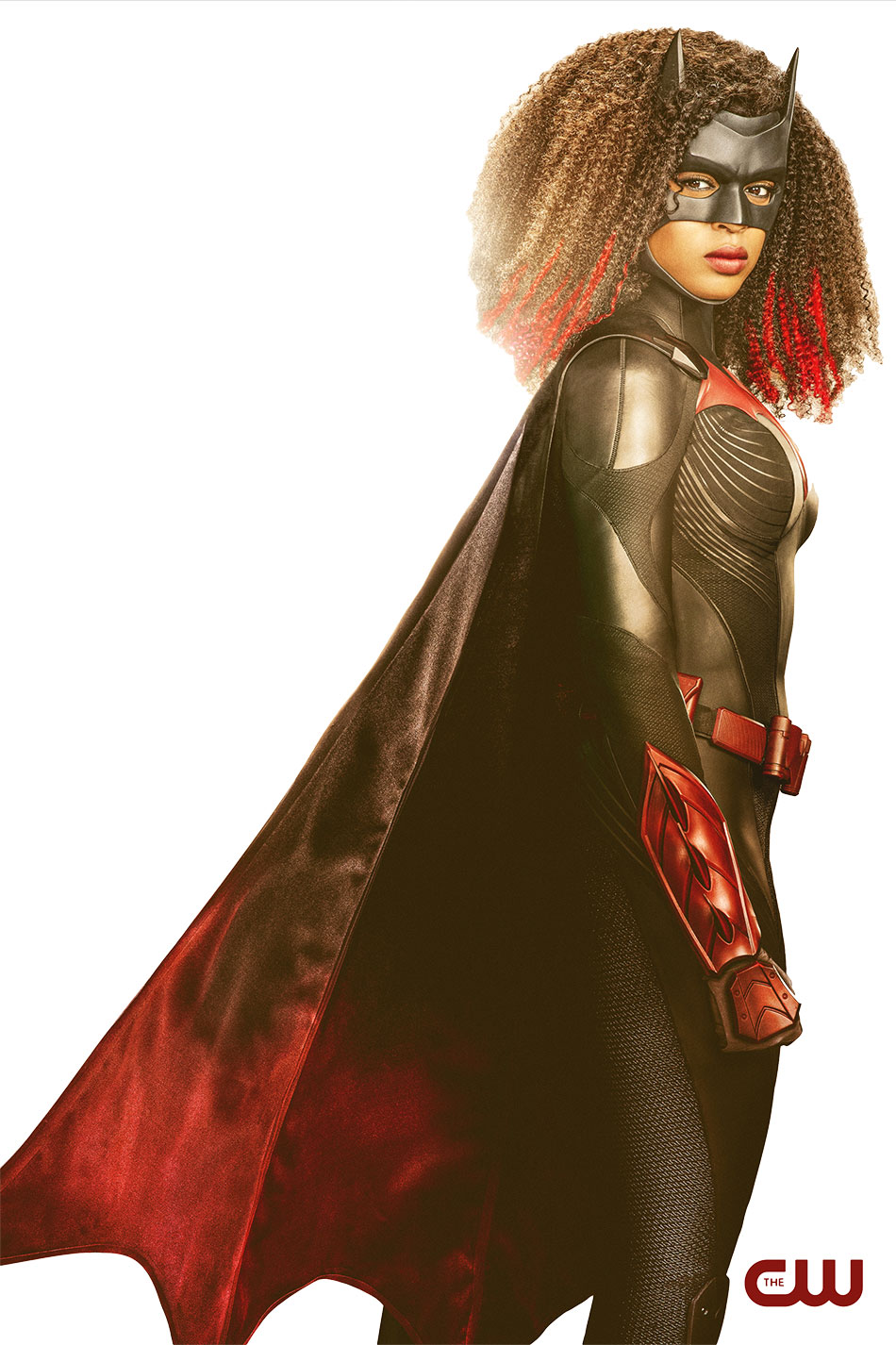
“When I was growing up I didn’t see versions of myself on the screen, especially a superhero, [in] movies and television shows,” she said. “I think that representation is so important, and I think that we deserve to have representation.”
African-Americans also made strides in the horror/sci-fi genre, with directors such as Jordan Peele and Misha Green (Underground) producing HBO’s critically-acclaimed series Lovecraft Country — which on Feb. 3 picked up a Golden Globes nomination for best drama series — and Whoopi Goldberg starring in the CBS All Access adaptation reboot of Stephen King’s The Stand. In 2021, Amazon will debut horror event series Them from director Lena Waithe (Showtime’s The Chi) as well as Ava DuVernay’s sci-fi thriller Dawn, based on Octavia Butler’s 1987 book.
Overall, Black actors accounted for the highest total share of screen among any racial minority group at 18%, exceeding their estimated 14% share of the U.S. population, Nielsen said in its December 2020 report Being Seen on Screen: Diverse Representation and Inclusion on TV. The report, which examined the 100 most-watched shows each on broadcast, cable and SVOD services in 2019, also showed that 92% of those programs had some level of diversity — including women, people of color and/or LGBTQ+ individuals — in its cast.
The data correlates with what has been a continual increase in the number of African-American images on-screen. The share of roles for Black actors on scripted shows during the 2018-19 TV season increased to 18% from 15.7% on broadcast; 18.2% from 17.5% on cable; and 11.9% from 10.1% for subscription video-on-demand (SVOD) services compared to the year prior, according to UCLA’s 2020 Hollywood Diversity Report: A Tale of Two Hollywoods.
Demand for Inclusive Content
While African-American viewers have always over-indexed in television viewing — Nielsen’s Total Audience Report for First Quarter 2020 showed that Black viewers watched more than five hours of programming per day, well above that of Hispanics (2 hours, 40 minutes), Asians (1 hour, 54 minutes) and Whites (3 hours, 43 minutes) — their representation on screen is beginning to reflect the reality of TV’s audience, according to Nielsen VP of diverse insights and partnerships Charlene Polite Corley.
“With the demand growing for inclusive content, I think the trend of including Black talent on-screen is here to stay and I hope we see more of it,” Corley said. “What our data shows is that there’s so much opportunity to tell even more stories and to provide more opportunity for diverse talent, including Black talent.”
Eric Deggans, TV critic for National Public Radio, added that African-American viewers want to see themselves reflected on the screen, so it behooves distributors to provide inclusive content to draw not only black viewers, but all viewers. The 2020 Horowitz Research Group State of Viewing & Streaming survey reported that 64% of all viewers found it appealing to watch TV shows that tell the stories of diverse communities different from their own.
“We’re at a point now where cable and broadcast television especially can’t
afford to take any viewers for granted, so it makes more sense for them to offer shows that feature Black casts,” said Deggans, author of Race-Baiter: How the Media Wields Dangerous Words to Divide a Nation.
While African-Americans have experienced other blips of increased representation on TV only to see them dissipate over time, actress/comedian Kym Whitley said this time the movement within the industry feels like more than just a trend.
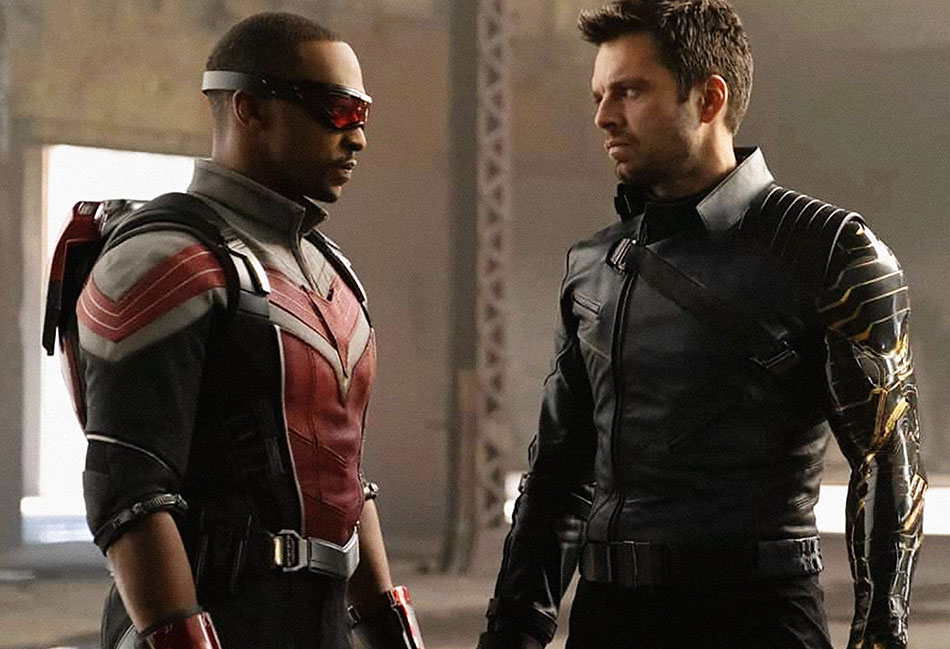
“We’re at the beginning of something great, so therefore there are opportunities I feel that have opened up,” said Whitley, who last year appeared in BET’s Twenties. “I believe that after all the [social injustice] protests and the speaking out of people saying that what we’re seeing is wrong, I think it’s becoming more evident that this moment has to take place. I believe the world has opened up and now everyone is looking.”
Indeed, last summer’s protests sparked by the May killing of George Floyd at the hands of Minneapolis police officers helped influence the further infusion of African-American talent both in front of and behind the camera. Industry executives said the movement and its focus on issues regarding racial inequities in education, law enforcement and employment have energized content producers to create programming that better reflects the voices and images of their audience.
ALSO READ: Netflix, HBO Lead NAACP Image Awards Nominations
In the aftermath of the protests, industry executives said diversity initiatives such as last July’s CBS Television Studios and NAACP content production partnership‚ which sees CBS work with the civil rights organization to acquire, develop and produce more diverse programming — has fostered opportunities for more inclusive programming for years to come.
“The industry has been talking about diversity and inclusion for some time now and we would have gotten to this point eventually, but I do think the George Floyd death last May quickened the pace and made everyone think more about race issues and racial justice in America as well as issues about diversity,” OWN’s Perry said. “In our industry people took it to heart, and some of the results we are seeing are about people being more thoughtful about those issues in light of a lot of the protests and conversations that happened last year about racial injustice in America.”
Added Nielsen’s Corley: “I think after a year like 2020, it can’t all help but be connected. We have seen audiences gravitate to content not just for entertainment but also a way to help be informed about some of the things that were happening, particularly after the murder of George Floyd and the Black Lives Matter movement.”
Will Progress Stick?
Still, some executives are not sure that the industry is fully committed to inclusion.
“We’re seeing strides in the right direction, but I feel it’s too early to say if there is a real change happening or a moment coming out of everything that happened over the summer last year,” producer/writer and showrunner Nkechi Okoro Carroll (The CW’s All American) said on a panel during WarnerMedia’s January virtual Sundance experience. “This industry has so much to make up for because it’s been so systemic for so long that the jury is still out until I see where we are a few years from now.”
OWN’s Perry said one way to assure that African-American images and stories remain at the forefront of the industry is for the top executives at the major studios and production companies to be inclusive.
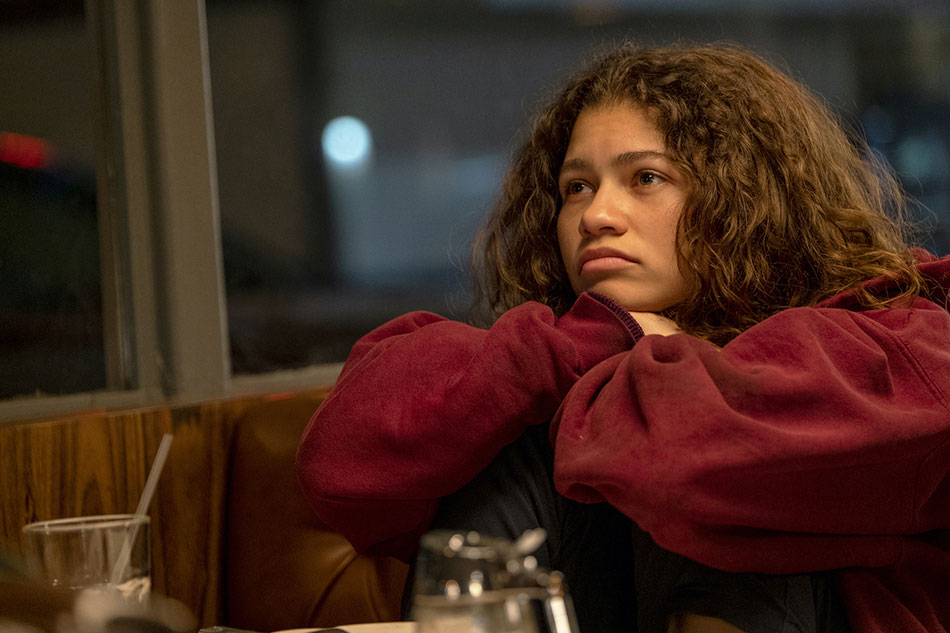
“Inclusion and diversity has to be at the forefront of all hiring and programming decisions — that means writers, producers, directors, network and studio executives,” she said. “Empowering those people is the first step to ensuring that diverse stories are pitched, purchased, developed and presented about African-American life.”
Added Whitley: “I remember an executive producer told me that we hire who we know, but now you have to do a little extra work. Just because you don’t know us, we’re there. When you know better, you’ll do better.”
R. Thomas Umstead serves as senior content producer, programming for Multichannel News, Broadcasting + Cable and Next TV. During his more than 30-year career as a print and online journalist, Umstead has written articles on a variety of subjects ranging from TV technology, marketing and sports production to content distribution and development. He has provided expert commentary on television issues and trends for such TV, print, radio and streaming outlets as Fox News, CNBC, the Today show, USA Today, The New York Times and National Public Radio. Umstead has also filmed, produced and edited more than 100 original video interviews, profiles and news reports featuring key cable television executives as well as entertainers and celebrity personalities.

